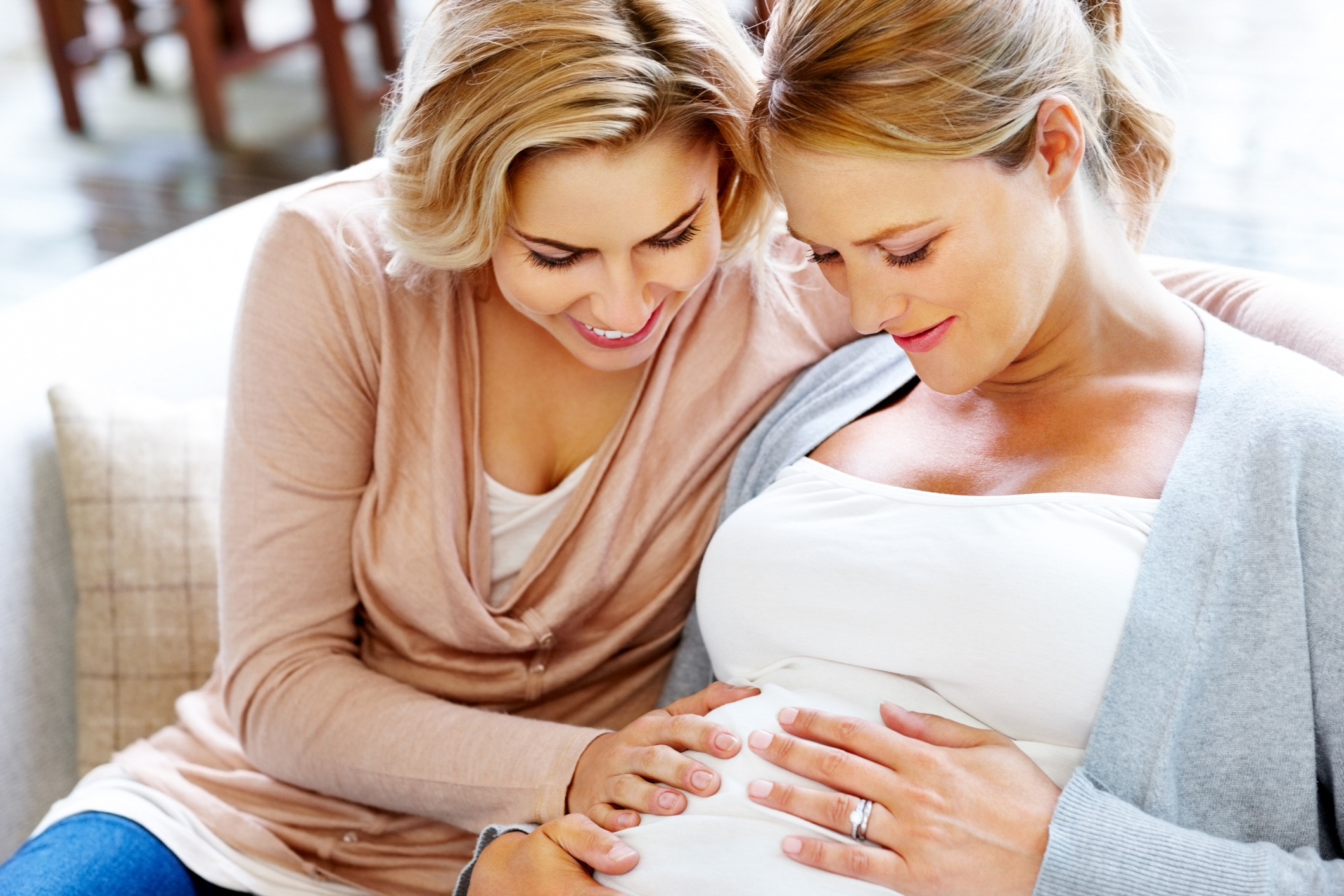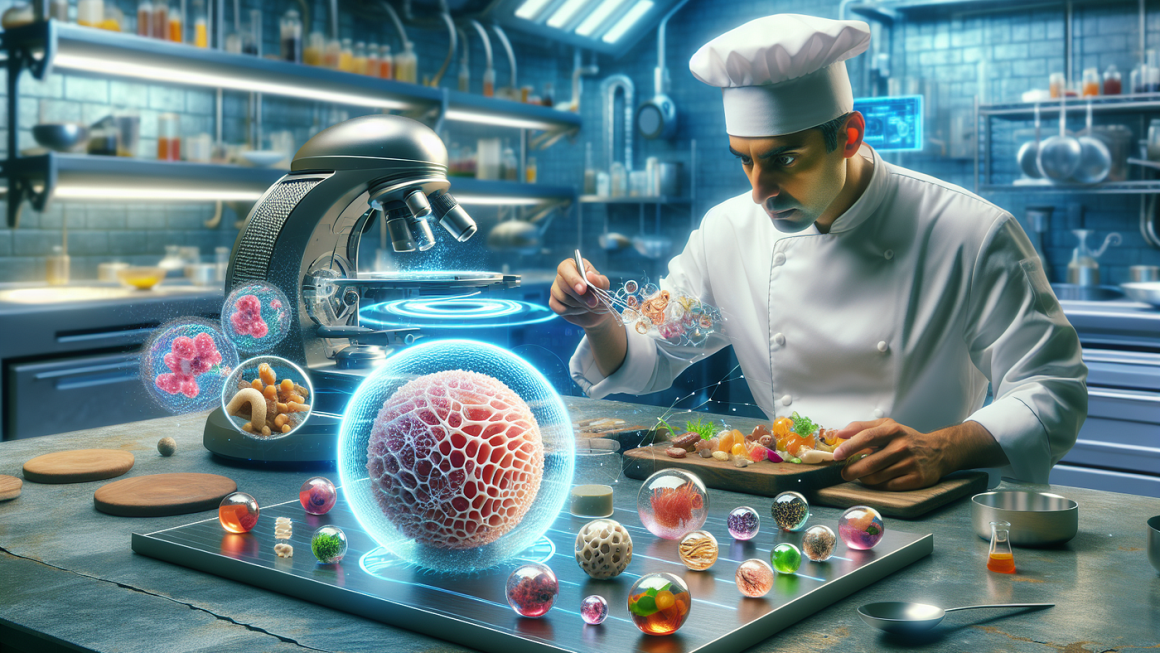Egg donation has allowed couples to become parents who would otherwise be unable to have a baby. Several factors can push women to become egg donors, such as; having gone through early menopause, having eggs of poor quality, or older age.
Egg donation is generally a safe procedure and does not involve long-term risks. Had it been risky, society would not have allowed a young, healthy woman to donate her eggs.
In most cases, women who use donor eggs to get pregnant have undergone lengthy and unsuccessful fertility treatments, including IVF with their own eggs. Furthermore, egg donation is an excellent option for single fathers. This guide will discuss some of the benefits of using donor eggs. So, without any further delay, let’s get started exploring the advantages of using donor eggs.
Advantages of Using Donor Eggs
There are a lot of advantages of using donor eggs. Each of the following benefits holds more weight for some people than others. These benefits will also help you in selecting an egg donor.
Let’s discuss some of the advantages of using donor eggs.
· Egg Donation Has Highest Success Rate
Among all fertility treatments, egg donation has the highest success rate. This statement is very much lucrative, especially for women who have experienced a lot of emotional and physical stress while undergoing various fertility treatments which haven’t been successful.
Modern egg preservation techniques ensure a high success rate for both, i.e. frozen and fresh eggs.
· Egg Donation Allows Sex Selection
One of the most significant advantages of egg donation is that it allows the selection of the sex of the child. In addition, egg donation also enables you to take advantage of genetic testing, which becomes helpful in screening for possible chromosomal abnormalities.
Although parents may not express a preference for one sex over the other; however, they do have a preference. Similarly, all prospective parents want their parents to be born healthy. All this becomes possible just because of egg donation.
· Egg Donation Allows You to Have A Larger Family
The larger the egg batches, the more embryos are available for transfer allowing you to have a larger family. A batch of 8 donor eggs can lead to as many as three embryos. Hence, it allows the intended parents to get a chance to have up to 3 children.
So, for t
he intended parents who wish to have larger families and though they would never be able to achieve this objective, using donor eggs can help them make their dream come true.
· Avoid Unsuccessful IVF Cycles
Almost all women who choose to use donor eggs have undergone various IVF cycles, which have much higher rates of miscarriage. Egg donation is the best procedure for such women because it saves them from the heartbreak of losing yet another chance of getting pregnant. Also, the emotional and physical stress experienced because of these unsuccessful treatments cannot be ignored.
Furthermore, when a woman reaches the age of 40 or above, her chances of getting pregnant with her own eggs become almost impossible. Although there are exceptions to the rule; however, generally, getting pregnant for women aged 43 and above using their own eggs becomes almost impossible.
Using donor eggs becomes the best solution for these women. For such women, donor eggs can lead to a healthy pregnancy and help them avoid unsuccessful IVF attempts’ disappointment, and emotional stress.
· Donor Egg Baby is Biologically Related to One of the Parents
Sometimes couples are reluctant to use donor eggs because they see a barrier in not being related to the child genetically. However, it’s not just the egg that contributes to the child’s genetic makeup. The sperm plays a role too. Eggs and sperm both equally contribute to the child’s genetic heritage.
During the egg donation process, the donor egg may get fertilized with the male partner’s sperm. This gives the parents a complete biological link with the child because the baby is biologically related to one of the parents.



